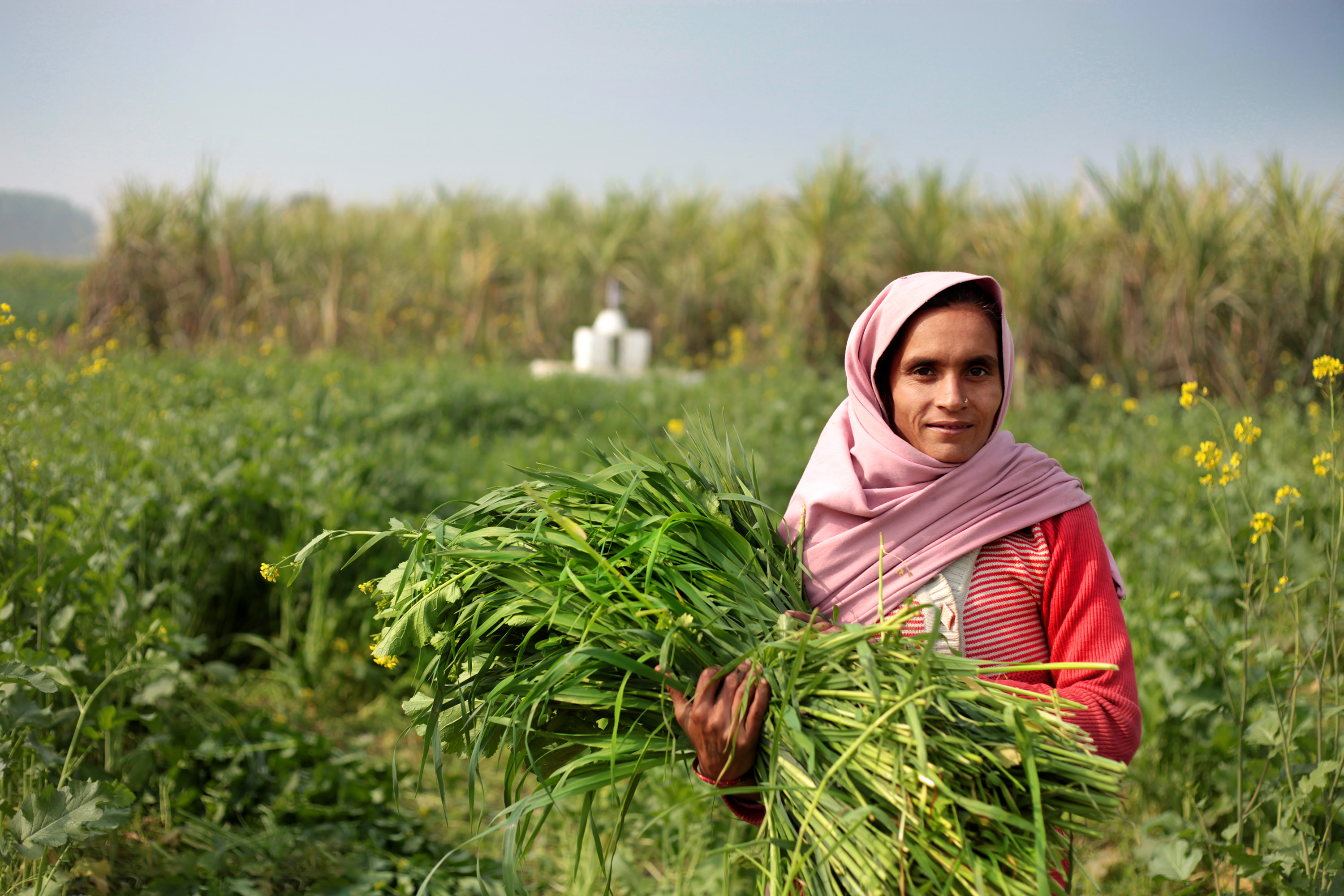Despite increased investment and international competition in agriculture, small-scale farming continues to be the most common economic activity in many developing countries. In Zambia, 60% of the population lives in rural areas, where 78% of the population were employed in agriculture in 2012 (Zambia Labor Force Survey, 2012). Rainfall patterns in Zambia allow for only…
RCT
Impacts of Microfranchising on Young Women’s Occupational Choices
Youth underemployment is a major challenge facing developing nations, particularly in Africa (Filmer and Fox 2014). Young people are more likely to be unemployed than older adults (Kluve et al. 2016). In low-income countries, unemployment figures also typically underestimate the proportion of youths who cannot find productive jobs (Fares et al. 2006). After leaving school,…
Training, Financing, and Matching between Workers and Firms
Small and Medium Enterprises (SMEs) play an important role in income and employment generation in local economies, and SMEs account for a large share of businesses in low and income countries (LMICs). SMEs in LMICs are concentrated in activities which are described as unorganized or unregistered, or non-institutional. These SMEs have limited access to financial…
Wage Compression in Low Income Labour Markets
Do relative pay comparisons matter for worker behaviour? A long tradition in economic thought – as well as in psychology, sociology, and human resource management – has advanced the notion that individuals care about not only their own pay, but also their pay relative to that of their co-workers. When subjected to unequal pay, workers…
Asymmetric Information on the Skills of Workers and Matching in the Labour Market
Youth unemployment is a serious issue in developing countries, where around 60% of young people are currently unemployed or underemployed [ILO 2013]. Understanding the determinants of youth employment in LICs is thus highly policy relevant, not just for policies related to labour market functioning and attachment, but also for those debates related to the incentives…
Women’s Access to Public Transport and Labour Force Participation
This project focuses on the labour market entry situation for women in Pakistan. Social norms against women coming into close contact with unrelated men and the discomfort social stigma and threat of possible harassment when they do so, restricts women’s use of public transport in urban areas of many countries, including in South Asia. This…
The Formal-Informal Labour Nexus and Growth
Although employment in low-income countries (LICs) is strikingly concentrated in the informal sector, the contribution of this sub-economy to the larger economy is not well understood. The traditional view holds that labour markets are segmented; the informal sector provides subsistence income, or a pool of surplus labour for the formal sector, and will likely disappear…
Empowering Women through Public Policy
In 2005, India’s Parliament passed the National Rural Employment Guarantee Act, a landmark in social protection legislation for the country. The Act moved employment into the domain of legally enforceable rights for a population no less than 120 million, making it the largest work/welfare programme in the world. Since 2009, the eponymous anti-poverty programme has…
Reducing Extreme Poverty through Skill Training for Industry Job Placement
Bangladesh has been experiencing remarkable growth in the ready-made garments (RMG) industries for the last three decades. It has become an integral and major part of Bangladesh’s economy, which contributes 13 percent of GDP and 75 percent of export earnings. For instance, in 1983 there were some forty thousand people employed in RMG sector; since…
Girls Empowered by Microfranchising
Integrating young adults into the formal labour market is a major challenge facing developing nations, particularly in Africa (World Bank 2007). High levels of unemployment, especially among youth, have led many policymakers to advocate microfinance (cf Yunus 1999) and other forms of credit market expansion aimed at promoting entrepreneurship. However, empirical evidence on the overall…









